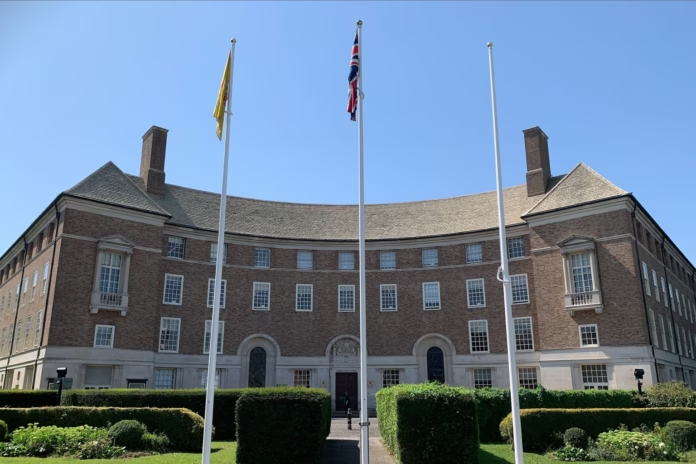
Liverpool City Council is set to reopen its housing revenue account to build new council homes – 11 years after it transferred its remaining stock to a registered provider.
In an interview with the Liverpool Echo, the city’s mayor, Joe Anderson said that the move will help the city meet a target of delivering 10,000 new homes in the city.
The move comes two months after the government issued guidance for councils on how to open an HRA, following the government’s decision to lift the housing revenue debt cap.
Anderson told the paper: “We are already refurbishing some houses that will be council homes, but this is where we will be building the first council houses that have been built in this city for over 30 years and we are really excited about that.
“We have pledged that we will build 10,000 houses and now a very large proportion of them will be council houses for people to rent – affordable, social, council houses that we desperately need in this city.”
Anderson claimed in the interview that the move had come after negotiations with housing minister Kit Malthouse.
He said that talks had focused around the removal of debt on the account dating from 2008.
That year, the previous Liberal Democrat regime transferred the last of the council’s housing stock – consisting of 15,000 homes – to Liverpool Mutual Homes.
However, it is understood that the remaining debt on the properties was written off by the government at the time, and that there was never any suggestion by the Ministry of Housing, Communities and Local Government that the debt would be reactivated.
Guidance released by the department in March confirmed that councils do not need permission to open an HRA, but that councils should inform the department in writing.
Under the law, a local authority may hold up to 199 homes outside the HRA under direction from the secretary of state.
Once the 200 home threshold is reached, a local authority must open an HRA and may borrow prudentially to continue their building.
An HRA is a ring-fenced account within the general fund, and is not allowed to budget for a deficit.
John Bibby, chief executive of the Association of Retained Council Housing, told Room151: “The lifting of the debt cap is part of a new encouragement from the government for councils to deliver a new generation of housing.
“Anecdotally, I believe some other councils are looking at this but I am not aware of any that have approached government yet in the way Liverpool has.”
In December, the council launched a wholly-owned housing company, Foundations, aimed refurbishing and building 10,000 homes over the next decade.
At the time of the publication, the council had not responded to Room151’s questions about the future of this company.
More than 100 councils closed their HRAs during the 1990s and early part of this century as part of a wave of large-scale voluntary stock transfers (LSVTs) to housing associations.
The first full LSVT took place in December 1988 in Chiltern district, when 4,400 units were transferred into the newly-created Chiltern Hundreds Housing Association.













